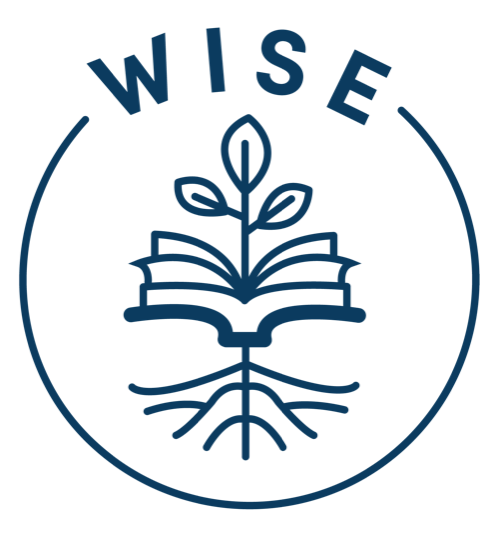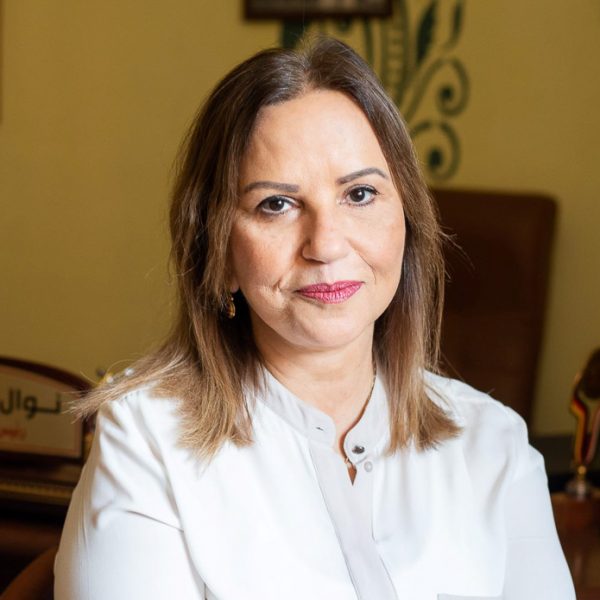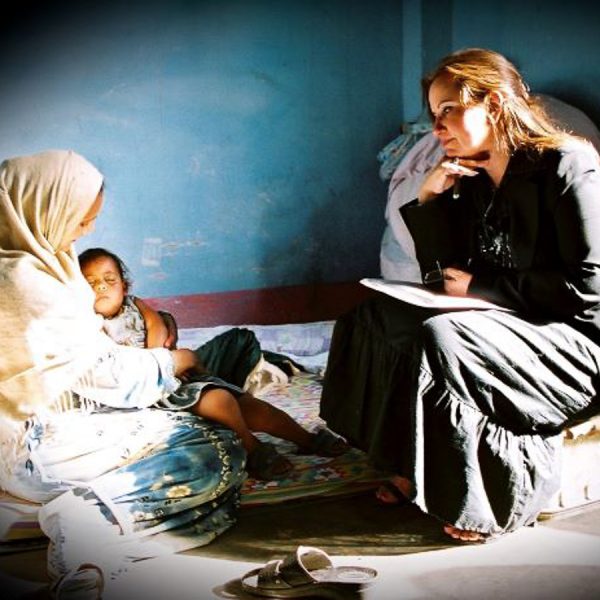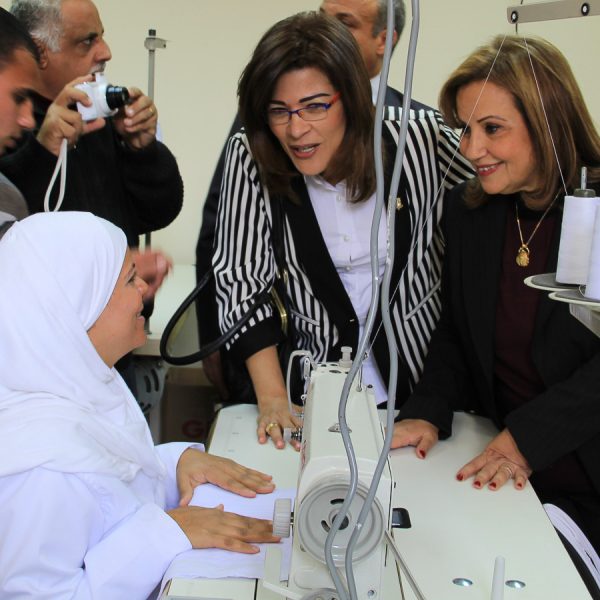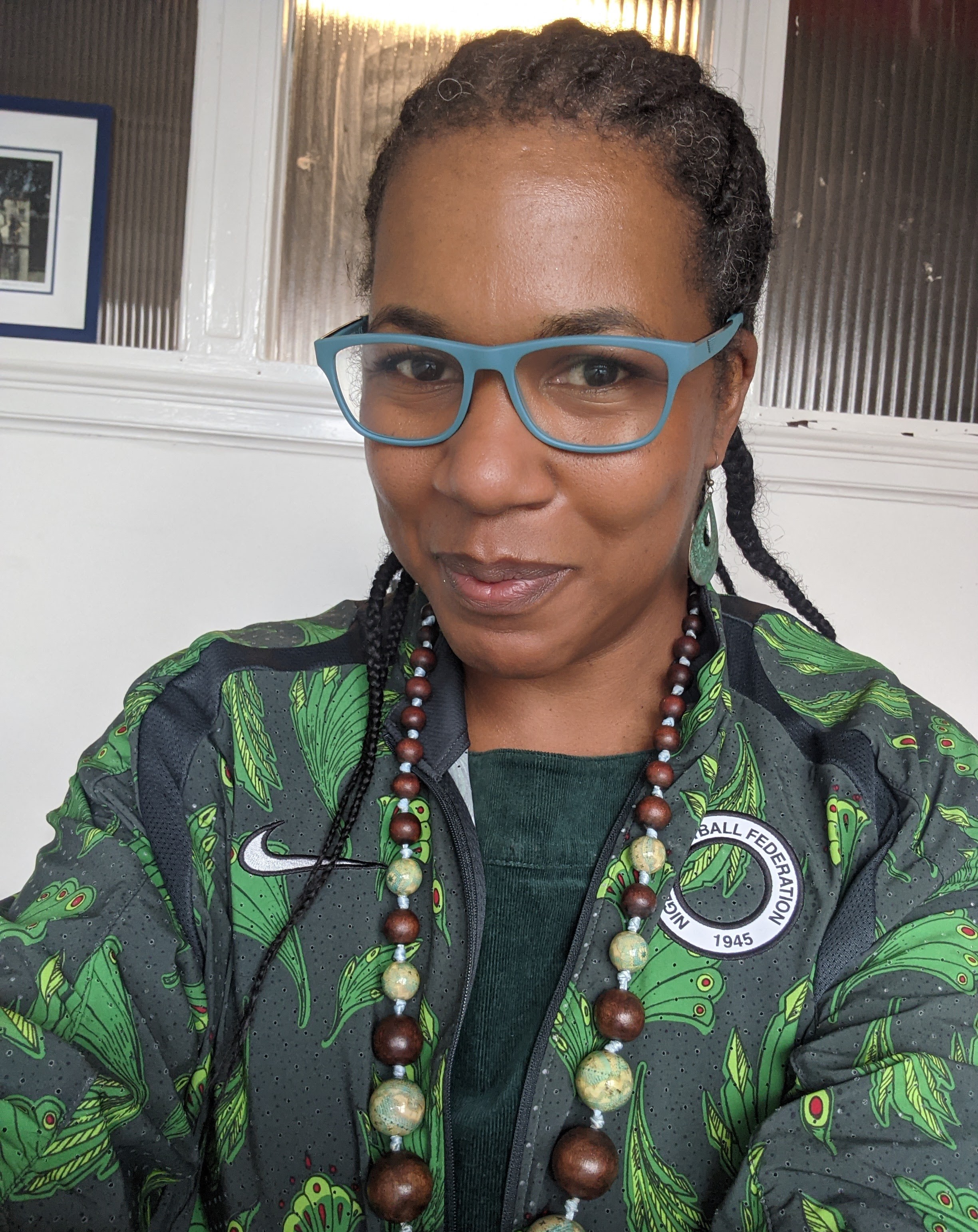Successfully shifting the public perception of female poverty prisoners in Egypt is only one part of the solution for female prisoners of poverty and their children. To end this cycle, Nawal and her team are lobbying for systemic change in the legal system.
Firstly, CFPA has introduced new regulations in five female prisons that have resulted in more humane conditions for children and their mothers. Because of Nawal’s advocacy, there are now nurseries and designated spaces for children, and prison stipends for basic supplies like diapers and formula. With these landmark reforms, Nawal and her team at CFPA have improved the lives of over 10,000 women and children inside prisons (CFPA self-reported data).
Secondly, releasing women from prisons is a key component of Nawal’s strategy but, for each woman released, Nawal realized that another entered the prison system. She and her team are lobbying to change the law so that women do not end up behind bars for small debts in the first place. To end the cycle of poverty-prisoners, CFPA has joined forces with 30 parliament members, 35 other NGOs, and 25 public figures to create a unified front to push for legislative change. They propose an alternative punishment for women who are unable to pay off debts such as community service. Nawal also reported that this cause is at the top of President Sisi’s agenda with 64 parliament signatures and 341 approvals.
Nawal and her team have also changed the futures of children born in prison. Before her advocacy in 2008, children born within prisons were not issued birth certificates and as a result, they were legally invisible: unable to register for school, receive government benefits or services, or get a national ID. Nawal and her team collaborate with pro-bono lawyers to collect information to file appeals on behalf of these children. Through this initiative, they have registered over 500 children in the national system and issued them birth certificates.
